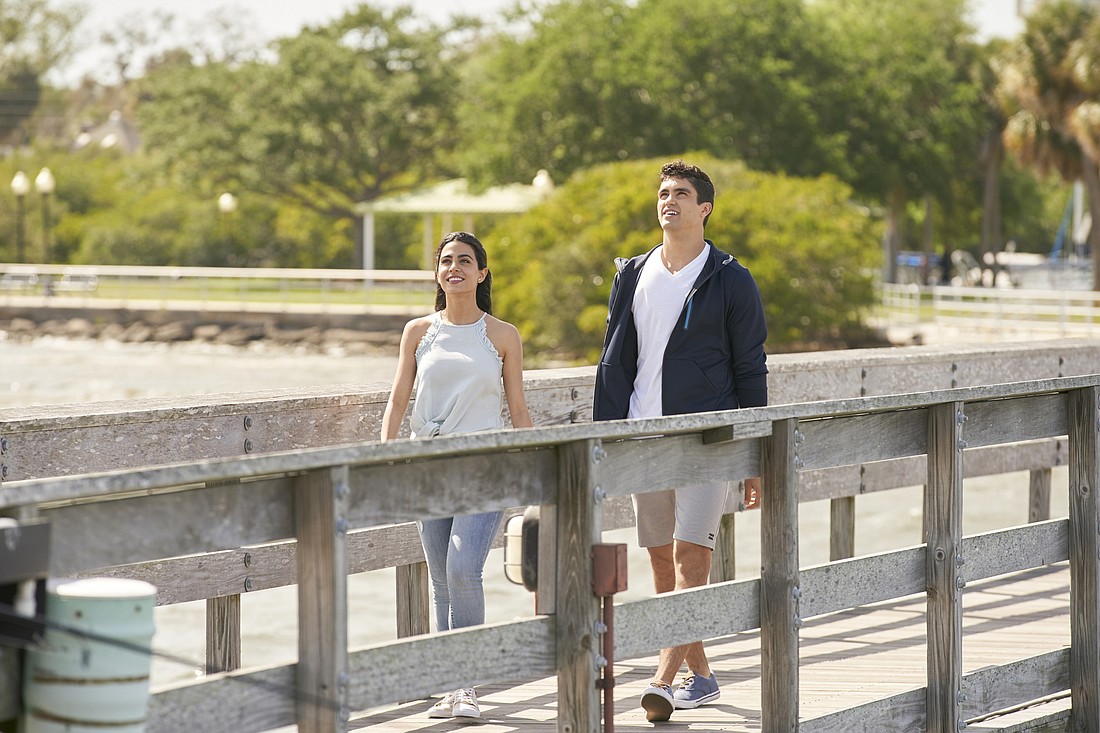- December 15, 2025
-
-
Loading

Loading

In February, the Tampa Bay area saw true love bloom. Then in April, it experienced love in the sun.
These weren’t high-profile engagements or weddings — they were movie shoots for one of the most prolific media entities in the country: the Hallmark Channel.